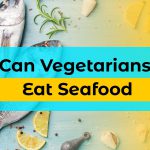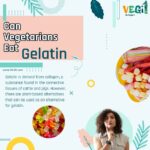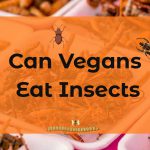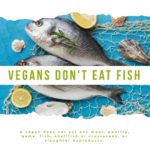Can Vegans Eat Oysters? (All You Should Know As a Vegan)
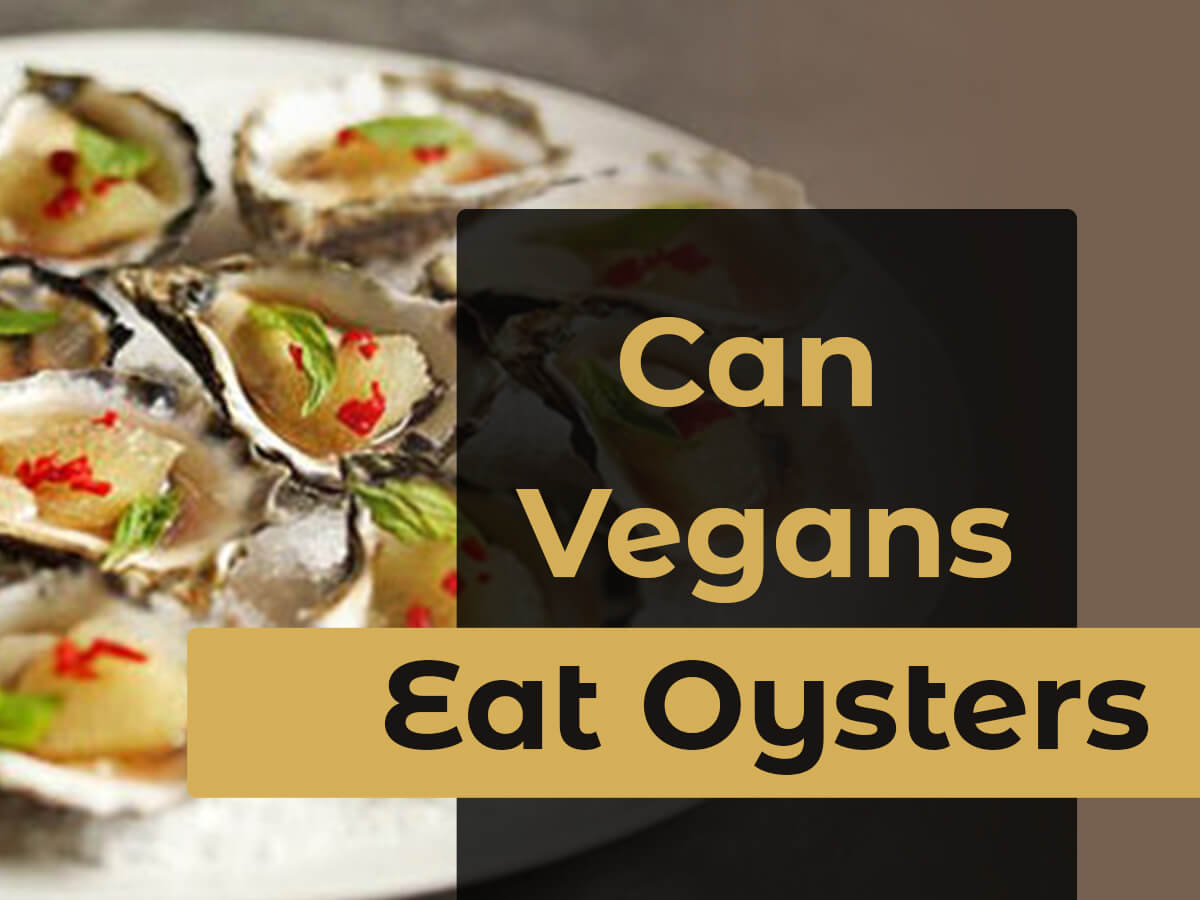
As a vegan, I’ve heard all sorts of misconceptions about the lifestyle – from “vegan food is bland and boring” to “you won’t get enough protein without meat.” But let me tell you, being vegan has opened up a whole new world of delicious and nutritious foods that I never even knew existed before.
One of the questions that many people, including vegans, often ask is whether oysters are vegan and vegans can eat oysters.
The short answer is no; oysters are not considered vegan.
After all, oysters are technically a type of seafood. However, when you delve deeper into the ethical and environmental implications of consuming oysters, things can get more complicated.
In this essay, I will explore the various for and against including oysters in a vegan diet and ultimately conclude whether vegans can eat oysters in good conscience.
Come along with me on this journey, as I’ll also go over the reasons why oysters should not be included in a vegan diet.
If you’re curious about what foods vegans can’t eat, Check out our ultimate guide and learn how to stay healthy and satisfied on a vegan diet: The Ultimate Guide To What Foods Vegans Can’t Eat
In this article you will read:
What does it mean to be vegan?
Being vegan is more than just a dietary choice; it is a lifestyle rooted in a deep commitment to animal welfare and environmental sustainability.
For me, being vegan means being conscious of my choice’s impact on the world around me.
It means saying no to products tested on animals, avoiding clothing made from animal skins, and choosing to eat plant-based foods that nourish my body without causing harm to animals.
At its core, veganism is about compassion and empathy and recognizing that all living beings – humans and animals alike (aquatic and other animals) – deserve to be treated with respect and kindness. So, oysters are not exempt from this issue.
Vegans choose not to consume animal products or byproducts, including meat, dairy, eggs, and seafood.
And as a vegan, I choose not to consume any animal products. It’s important to understand that being vegan isn’t just about what you eat – it’s also about the ethical treatment of animals. While some people may argue that oysters are not sentient beings and, therefore, not unethical to eat, the fact remains that they are still animals.
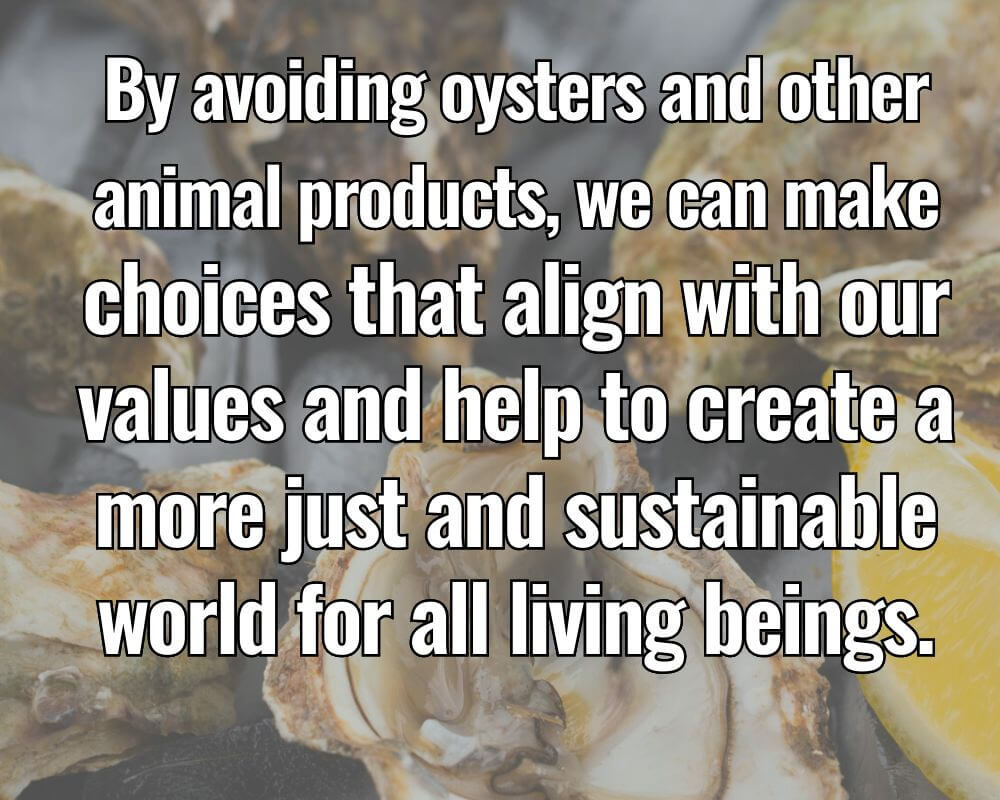
The case for oysters as vegan food
I know that the topic of whether or not oysters can be considered vegan food can be a contentious one! But, I fall on the side of those who do not believe that oysters can be a vegan choice.
However, some people do not think like me!
One of the primary reasons they have for this is that oysters are filter feeders, meaning they do not have a central nervous system or a brain. They do not experience pain or suffering in the same way that other animals do.
As a result, many vegans argue that oysters are not sentient beings and can be considered more like plants than animals.
They also believe that, in addition to being a potentially ethical choice, oysters can also be a great source of important nutrients for vegans.
However, it is important to note that there are still ethical and environmental concerns when consuming oysters.
While they may not experience pain or suffering in the same way that other animals do, they are still living creatures, and their harvesting can have negative impacts on marine ecosystems.
So to answer the question, no, vegans cannot eat oysters. But plenty of delicious and nutritious plant-based foods are out there that we can enjoy instead!
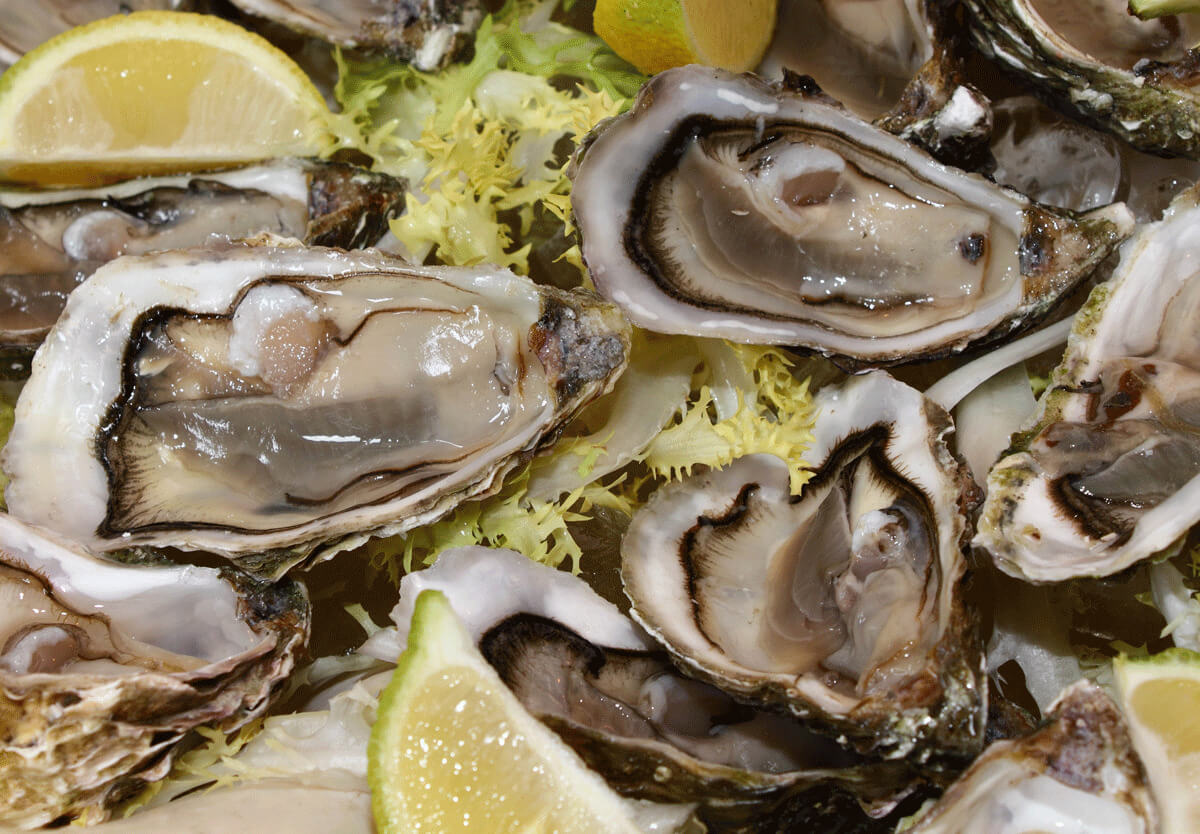
The case against oysters as vegan food
As I mentioned earlier, when it comes to whether oysters can be considered vegan food, I fall on the side of those who believe they should be avoided.
While some vegans argue that oysters are not sentient beings and can be considered more like plants than animals, I believe this argument is flawed.
Oysters may not have a central nervous system. Still, they have a complex nervous system that enables them to respond to stimuli and avoid danger.
As vegans, we believe in showing compassion and respect for all living creatures, no matter their level of sentience.
Oysters are also important in their ecosystem and are often considered keystone species. Harvesting oysters can disrupt the delicate balance of an entire ecosystem, causing harm to other marine life.
Also, oysters are filter feeders, which absorb everything in their surrounding water, including pollutants and microplastics. Eating oysters can be detrimental to our health and the environment.
While oysters may not have the same level of consciousness as other animals, they are still living creatures and, therefore, unsuitable for a vegan diet. As a vegan, I strive to make choices that align with my compassion, environmental sustainability, and social justice values.
Environmental impacts of oyster farming
As a conscientious consumer, I am always interested in learning about the environmental impacts of my foods.
I have discovered some potential concerns regarding oysters’ farming and harvesting practices.
One major environmental issue associated with oyster farming is using non-biodegradable materials.
For example, many oyster farms use plastic mesh bags to grow their oysters, which can end up in the ocean and contribute to plastic pollution.
In addition, the harvesting of oysters can negatively impact local ecosystems.
- For instance, dredging – the process of collecting oysters from the ocean floor – can damage sensitive habitats like seagrass beds and disrupt the ecosystem as a whole.
- Another reason why oysters are not considered vegan is that their harvesting involves killing them. Oysters are usually harvested by dredging them up from their natural habitat, which can cause damage to their shells and often results in their death.This goes against the vegan belief of minimizing harm to all living creatures.
- Oyster farming is harmful to the environment – Oyster farming can have negative impacts on marine ecosystems, including the destruction of natural habitats and the introduction of non-native species and can contribute to water pollution.As vegans, we strive to minimize our impact on the environment and reduce harm to all creatures, including those in the ocean.

Alternatives to oysters in a vegan diet
As a vegan who avoids animal products, I know it can sometimes be challenging to find satisfying food options that meet our nutritional needs.
While some vegans may be tempted by the idea of including oysters in their diet, plenty of delicious and nutritious alternatives to this animal product can help us meet our nutritional needs.
-
Seaweed
One great alternative to oysters is seaweed. Like oysters, seaweed is a rich source of minerals like iron, zinc, and iodine, essential for thyroid health.
Seaweed can be incorporated into various dishes, from sushi rolls to soups and stews.
-
Mushrooms
Another great plant-based source of nutrients typically found in oysters is mushrooms.
Mushrooms are rich in zinc, selenium, and vitamin D, which can be difficult to obtain from plant-based sources.
They can be used in various dishes, such as stir-fries and pasta.
-
Beans
Beans and legumes are also great sources of iron and zinc and can be used in various dishes, from salads to stews and chilis.
Moreover, for those looking to add more vitamin B12 to their diet, nutritional yeast is a great option that can be sprinkled on top of dishes or incorporated into sauces and dips.
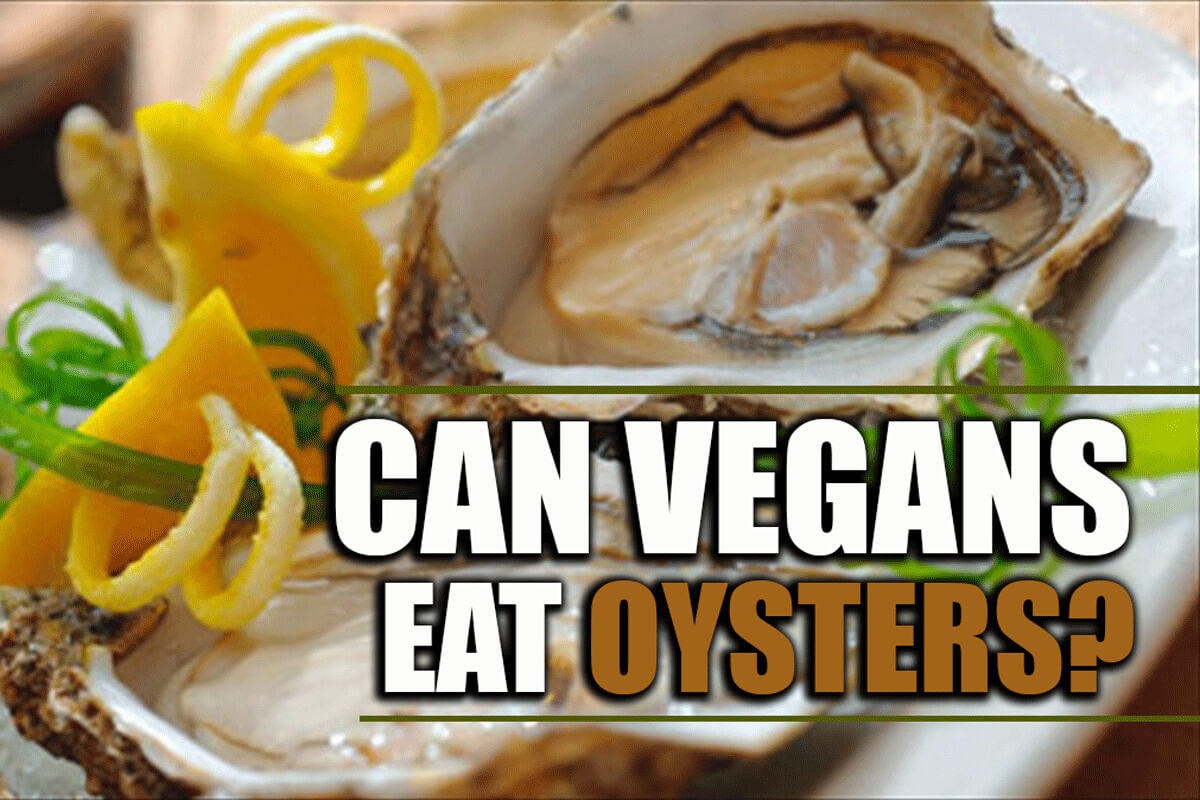
In a nutshell
In conclusion, Veganism is a lifestyle choice centered around compassion and empathy towards all living beings, including animals. Being vegan is not just about the food we consume but also the ethical treatment of animals and the environment.
While oysters may not have the same level of consciousness as other animals, they are still living creatures and, therefore, unsuitable for a vegan diet. Even though they are filter feeders and do not have a central nervous system, they are still important keystone species in their ecosystem, and their harvesting can cause harm to other marine life.
As a society, we are responsible for making informed and conscious choices about our food, considering our own health and the impact of our choices on the environment and other living beings.
As someone who has explored whether vegans can eat oysters, it is important to consider all aspects of the issue before deciding.
Please share your feedback and opinions on oysters and a vegan diet.


